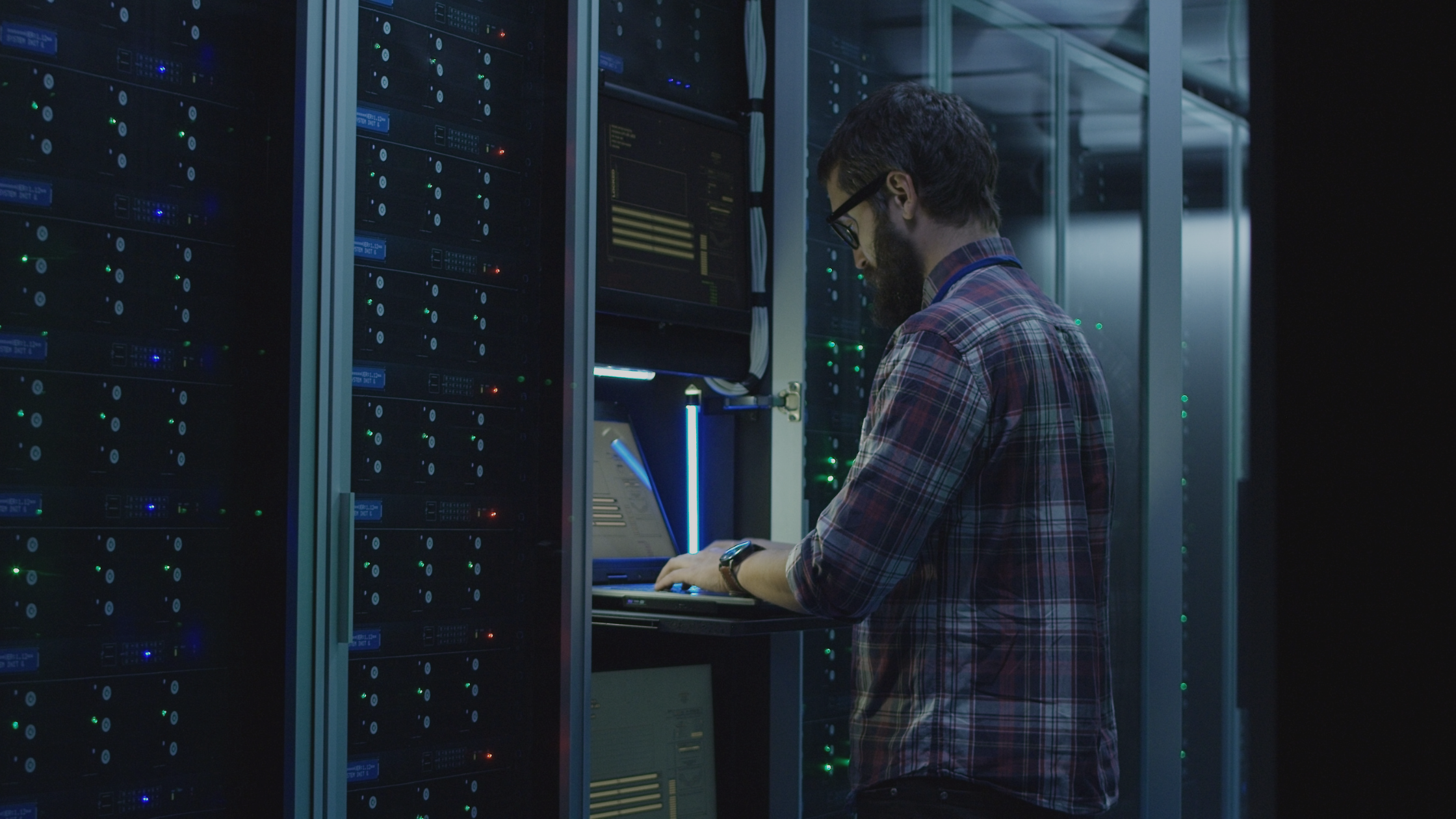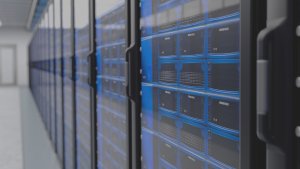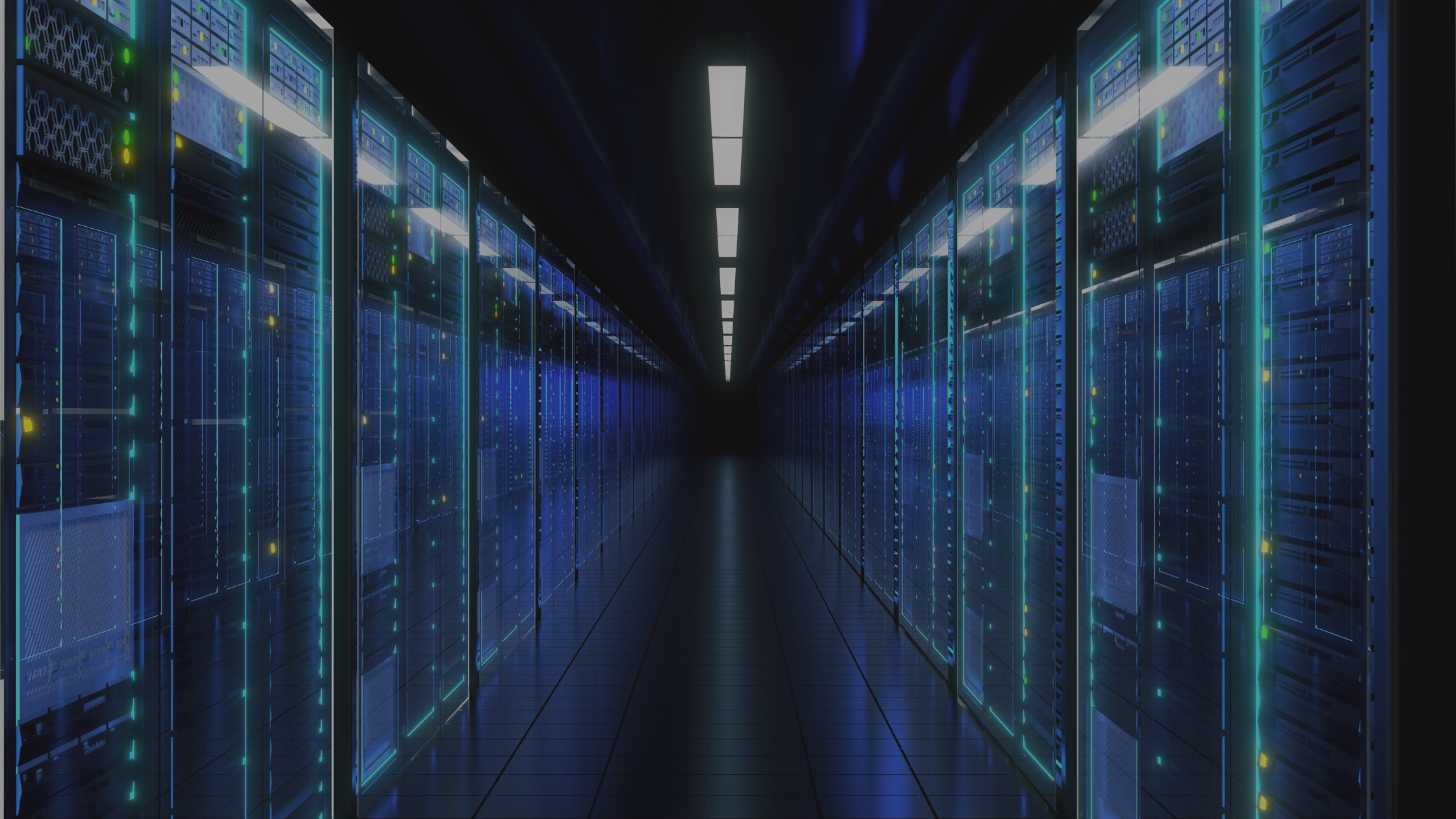When you’re deciding where to set up your company’s infrastructure, it can be tempting for some businesses that want everything done internally. The decision to establish your company’s IT infrastructure in-house or outsource it is a difficult one.
The in-house IT team is great at knowing the ins and outs of your company, but they might not be familiar with all aspects or trends within business technology. External data centers allow business owners to keep their IT infrastructure somewhere other than in-house—which delivers several benefits. In this article, we will explain how colocation will benefit your IT team.
Top 4 Benefits of Colocation
Affordability
Transitioning from managing data in-house to outsourcing with a data center can prove to be very cost-effective for businesses. The electricity is a huge cost, not to mention the fact that you need to hire employees to make sure the servers are running safe and well maintained. By taking on the responsibility of data management internally, businesses are tasked with managing all major variables and expenses independently, which can be both time-consuming and distracting in maintaining everyday business operations.
Typically, colocation service plans are a comprehensive package, providing built-in benefits such as support, security, redundancy, and connectivity at either a bundled or reduced cost compared to on-site hosting. By outsourcing, businesses can be assured that their information will be stored in a resilient and reliable environment. Unpredictable costs such as hiring additional security staff, equipment maintenance, office migration, or power outages will be eliminated. By utilizing colocation for IT outsourcing needs, businesses regain the ability to focus on core initiatives and resources more efficiently.
Redundancy
While saving money is always a good thing, businesses need more than that. Business owners need to know that their services will be provided, at all times. The loss of these capabilities can be extremely costly. As stated above, there are endless ways in which business critical information can be compromised. Office migration, power outages, security threats, mismanaged equipment, or natural disasters. What if you do not have access to the servers in your office? Unlike natural or man-made disasters, a pandemic disaster such as COVID-19 could affect multiple areas at the same time. It makes it necessary to tell employees not to come into the office. How will you have access to your mission-critical data or IT resources? Ensuring that data is stored in a protected environment with proactive support is essential.
Facilities will have multiple generators and mechanical systems in place to back up data to guarantee that services are not interrupted no matter the circumstance. The support staff continuously tests and monitors these systems, investing the time and energy necessary to ensure 100% uptime for business operations. Supporting the customer needs is the number one priority of a data center facility. Overseeing all these measures internally could prove to be time-consuming for businesses and presents the risk of stalling business operations if not properly executed.
Support
Providers will do everything in their power to ensure that their customers’ business operations are maintained. With 24/7 onsite support availability, you can rest assured that your systems are being maintained by IT experts and certified engineers who will serve as an extension of your team. 24/7 on site support is especially convenient for situations that require immediate attention. When an issue arises at an unexpected moment, customers need someone to help them out as soon as possible. 24/7 support offers a peace of mind, knowing that the data center provider has their back.
Infrastructure
Perhaps the most valuable benefit of colocation is the robust, state-of-the-art IT infrastructure in place to store customer information. A colocation solution provides businesses with environmental benefits that may not otherwise be accessible (or affordable) if managing in-house.
Data center providers differ from many Enterprises or SMBs in that they have the resources in place to build, deploy, and maintain the infrastructure that is needed to properly host and maintain large amounts of data. Not only do facilities provide the best equipment for storing information, they also deploy the best support systems for providing power, bandwidth, cooling, and redundancy within a single plan. Trying to implement these systems in-house could quickly exceed a company’s internal IT budget. Many businesses do not have the time or money to implement and maintain such complex hardware and systems. By utilizing colocation, businesses can house their servers within the advanced environment allocated by the data center facility, affording them the benefit of optimized infrastructure for their business needs.
Colocation FAQ’s
Colocation (also known as ‘co-location’ or ‘colo’) refers to the rental of space in a data center facility for the purpose of storing servers and other hardware.
– When more space is required
– If you are looking for a cost-effective solution
– When connectivity matters
– If you are concerned about security.
Typically, a colocation data center is a physical facility that offers space with power, cooling, security and connectivity to host businesses’ computing hardware and servers. This capacity includes anything from cabinets to cages or private suites. In addition to space and power, many providers offer a variety of managed services and hybrid cloud/colocation options.
The main difference between colocation and the cloud is the way the data is stored and managed. With colocation you have physical assets versus the virtual assets of the cloud. Typically, with colocation you lease a secured space in a in a data center facility with power, cooling, and connectivity, while retaining full ownership and complete control of your equipment, including physically maintaining the hardware. This involves the largest capital expenditures and sourcing efforts from your team.
With cloud hosting, you rent the equipment, space, and manpower to manage it and keep it running. One of the key benefits of the cloud is cost-effectiveness, no upfront costs are involved. Services are being provided to businesses on-demand, meaning you only pay for what you use.
The main difference between colocation and dedicated servers is that for colocation you rent a secured space in a in a data center facility with power, cooling, and connectivity, while retaining full ownership and complete control of your equipment, including physically maintaining the hardware.
With a dedicated server hosting, on the other hand, you are renting the server and hardware from a hosting provider. When renting a server, the provider in addition to being responsible for underlying infrastructure, is also responsible for any repairs to the hardware and providing customers with a base operating system installation that is remotely accessible. Additional options are available to outsource security and maintenance as well.
Colocation enables organizations to benefit from faster networking and resilient connectivity at a low price. Colocation providers specialize in data center and network services, so businesses do not have to. Your IT team can focus on your core business.
At ColoHouse, we consider each customer a business partner. Our goal is to support you and your business by providing solid infrastructure and services. We strive to be an extension of your staff. To learn more about our services or to get more information about our data centers please contact us on +1 305-731-2225 or use our contact form.

















